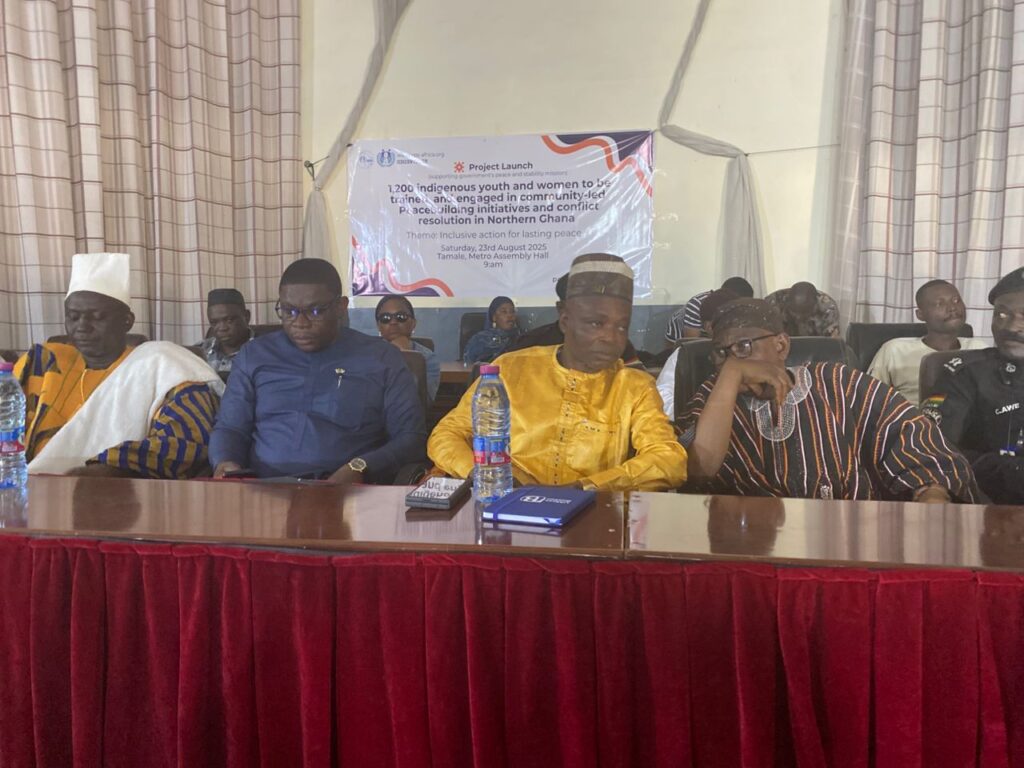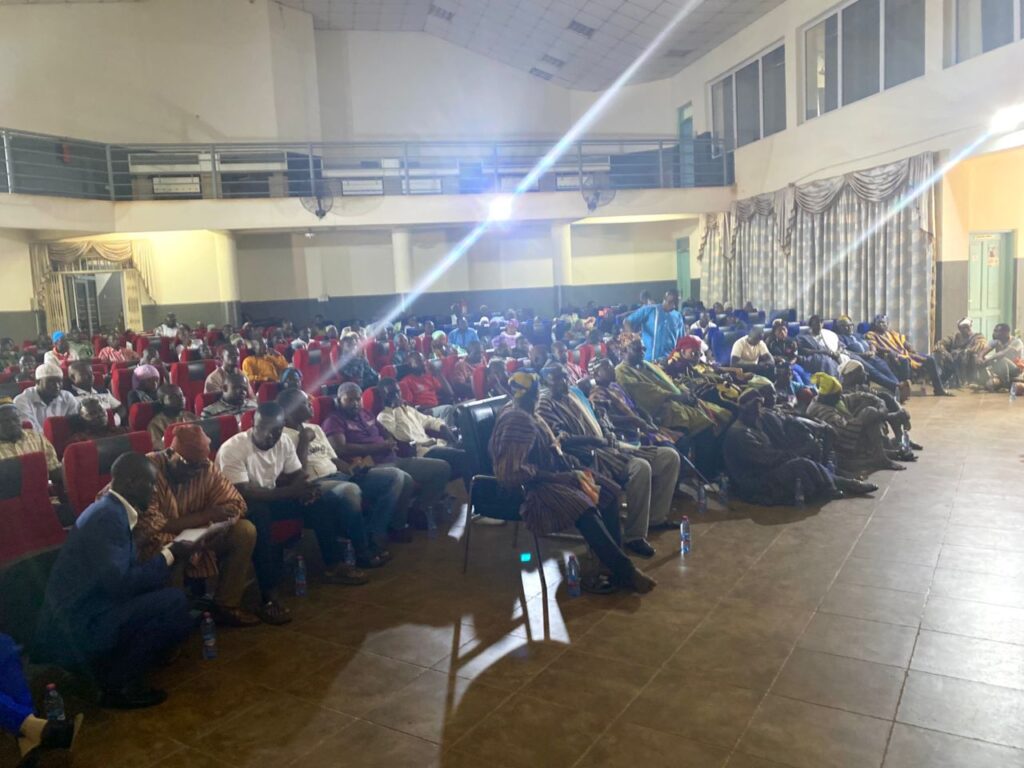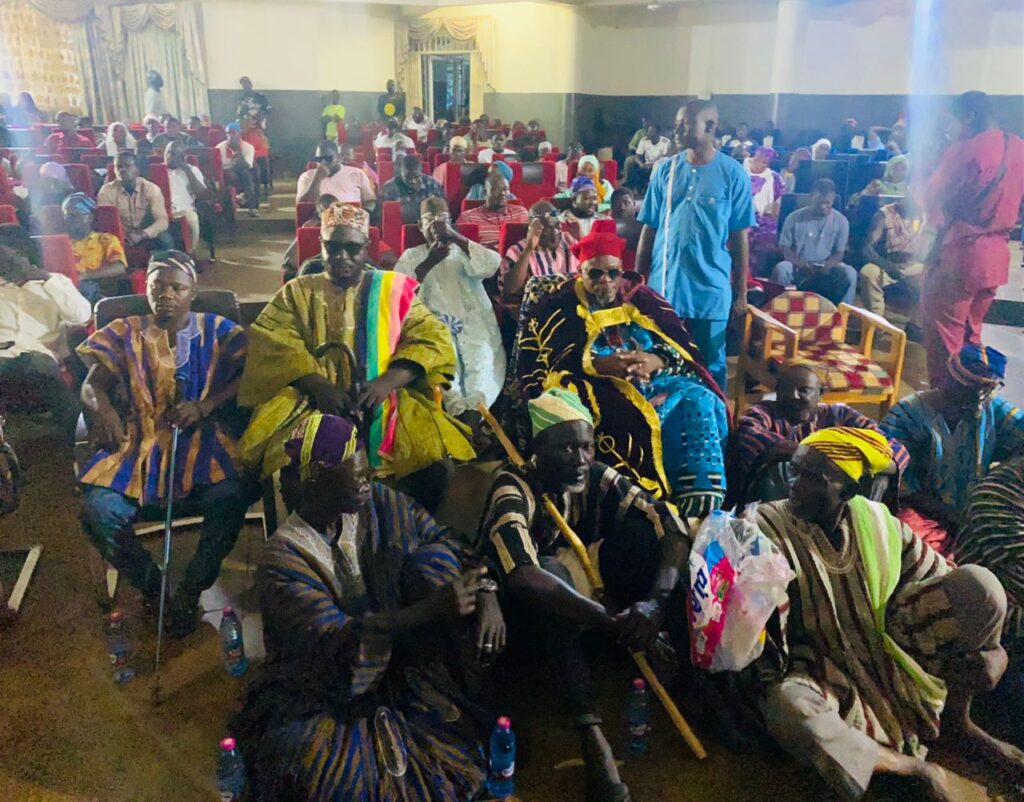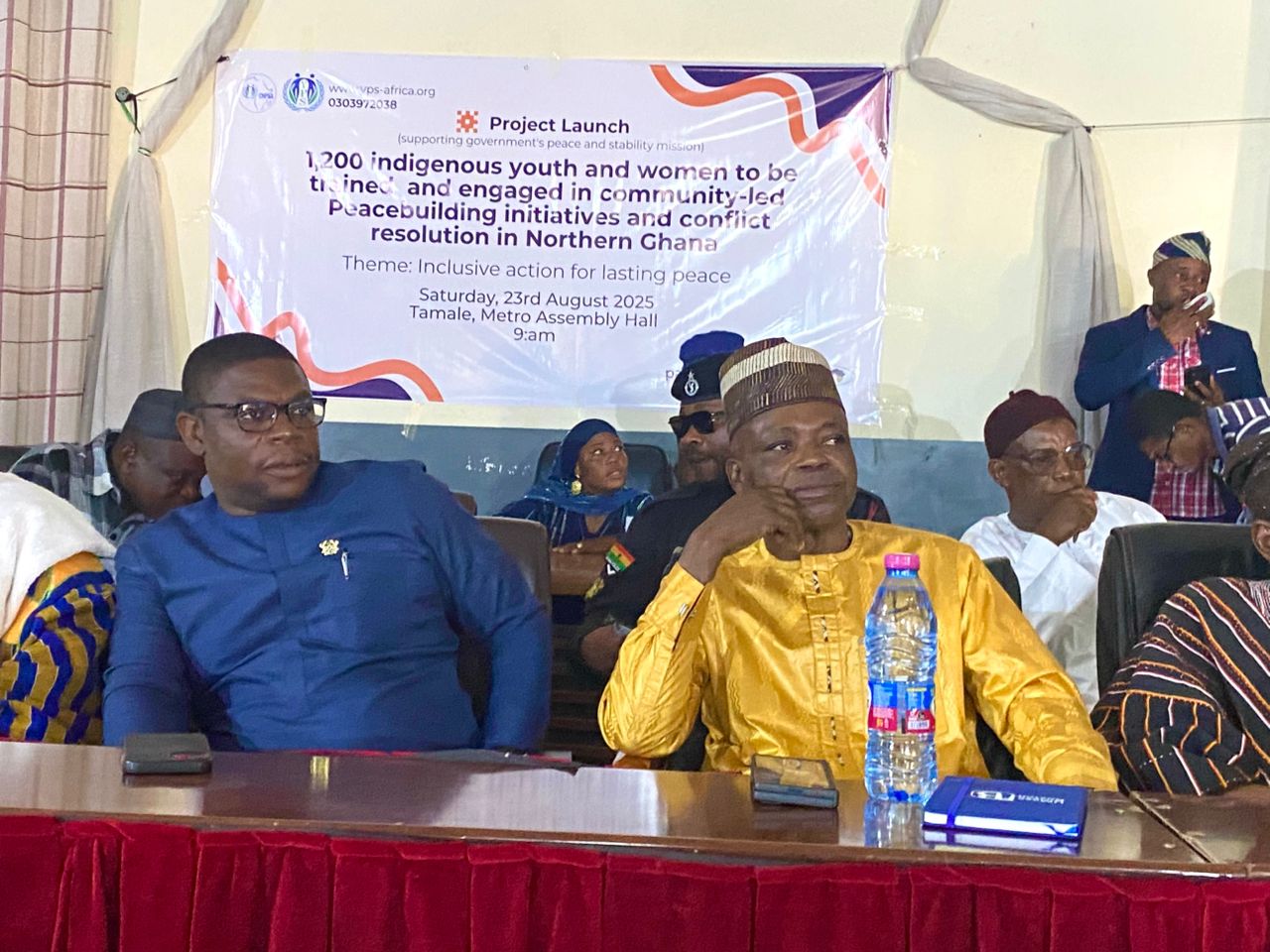Tamale, Northern Region – A large-scale peacebuilding initiative for 1,200 youth and women has been held in Tamale to address recurring communal violence and strengthen social cohesion in northern Ghana.
Organised by Youth for Peace and Security Africa (YPS-Africa) the programme will hold a training series in September to be held under the theme “Inclusive Action for Lasting Peace”.
Organisers say the curriculum has been inspired by the conflict resolution process in Ghana for the Alavanyo–Nkonya peace process and Ethiopia’s Moyale peace model, and is designed to prepare participants to serve as mediators and facilitators of community dialogue in hotspots where land, chieftaincy and cultural disputes have often turned violent.

Launching the project, the Tamale Mayor, Hon. Abu Takoro, said it was important to put the most affected groups at the heart of efforts to tackle conflict.
“Peace building is never possible without inclusive effort,” he said, noting that young people and women needed to be viewed “not just as beneficiaries but drivers of peace.” He added that the project was in line with the SDGs and has the potential to further the northern development agenda of Ghana, promising support from his outfit and urged traditional authorities to continue to play a vital role in peace building and reconciliation.
Peace efforts that leave out the voices of the youth and women can never be fully sustainable and lasting,” said Abraham Klutsey, Chief Executive of YPS-Africa, adding that his project “seeks to make youth and women key agents in complementing national peace and security efforts.” “Sustainable peace needs grass-roots participation and long-term strategies for conflict transformation.

With an eye on development, Richard Gyan-Mensah, deputy energy minister, underscored the price of instability, noting that violence scares off investment and slows crucial initiatives like rural electrification.
“Everyone, both government and NGO, is chased out by conflict. We cannot and must not allow violence to bring us to our knees,” he said, advising trainees to take the training programme seriously and to work closely with security agencies and traditional rulers.
The launch received solid support from traditional authorities. The Secretaries and representatives of the Yaa-Naa, the Tamale Dakpema and the Gukpe-Naa pledged their support for the peace moves being made and appreciated the role of chiefs in calming tensions in their jurisdictions.
The first class starts in September. That programme, officials say, could be developed as a model for other parts of the region where intercommunal conflict has taken hold, an emblem of Ghana’s larger pledge to peace and stability in West Africa.







